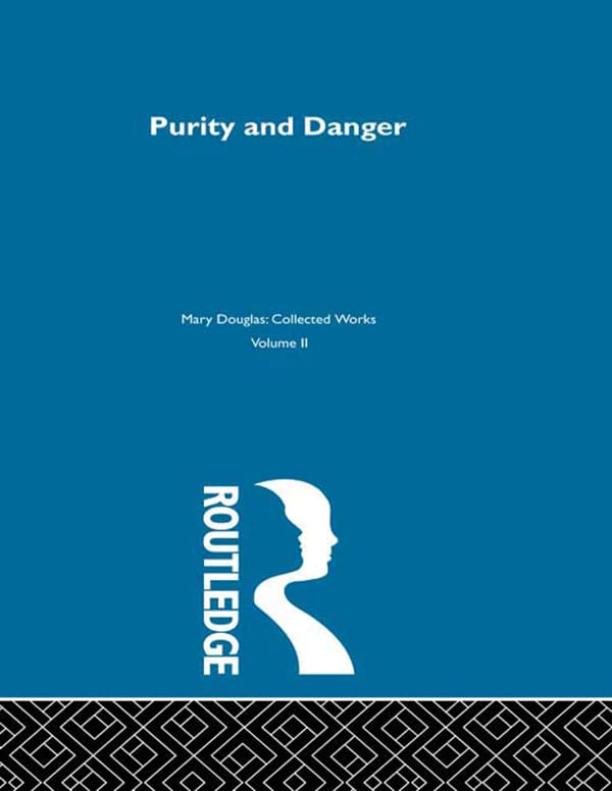Summary:
The book explores the idea of cleanliness in different cultures and how societies create rules about purity and impurity to organize social life. It examines how these concepts of pollution and taboo are deeply intertwined with systems of power and cultural norms, influencing everything from religion to social behavior.
Key points:
1. Cultural Relativism: Douglas says that ideas of purity vary by culture. Cleanliness and pollution are social constructs that help maintain order and must be viewed within a culture's beliefs.
Books similar to "Purity and Danger":
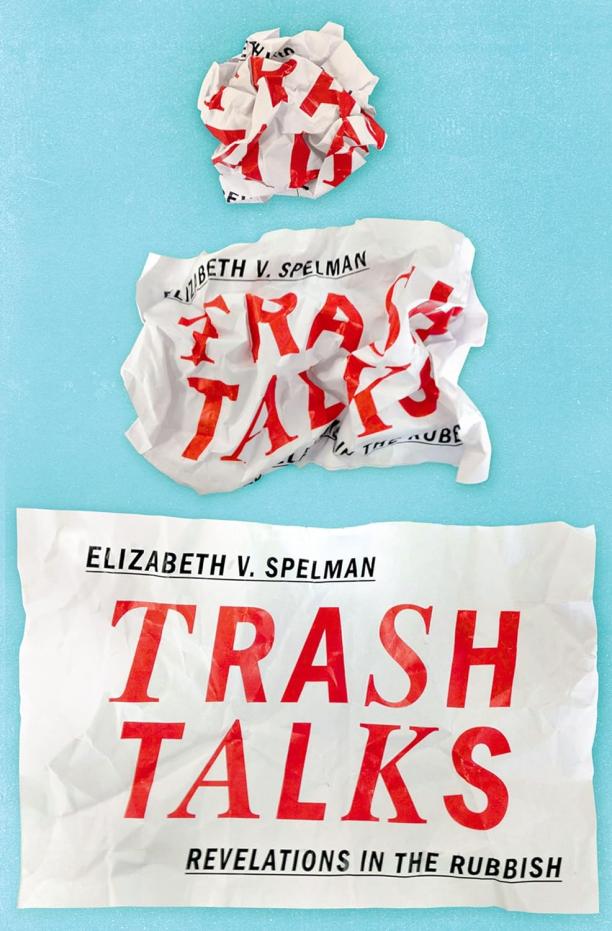
Trash Talks
Elizabeth V. Spelman
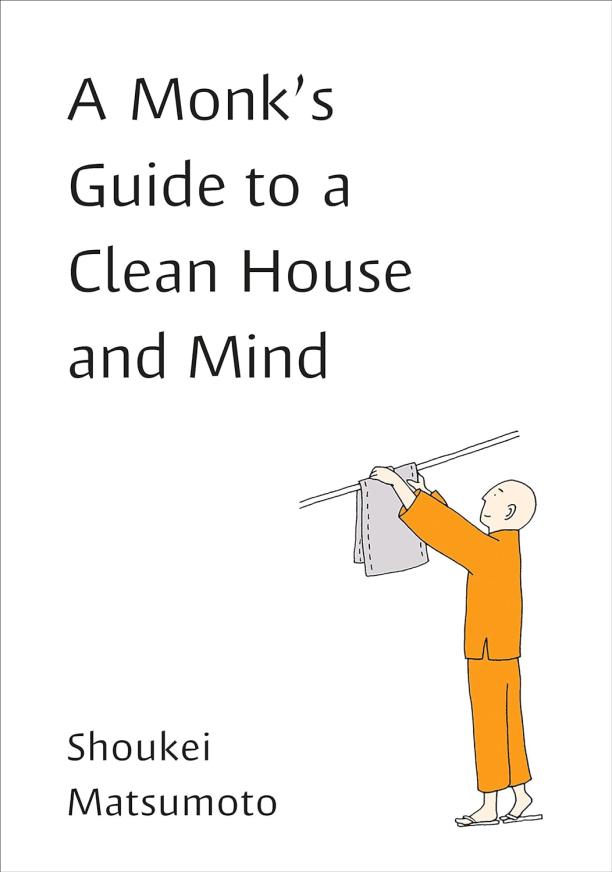
A Monk's Guide to a Clean House and Mind
Shoukei Matsumoto

Becoming a Barbarian
Jack Donovan
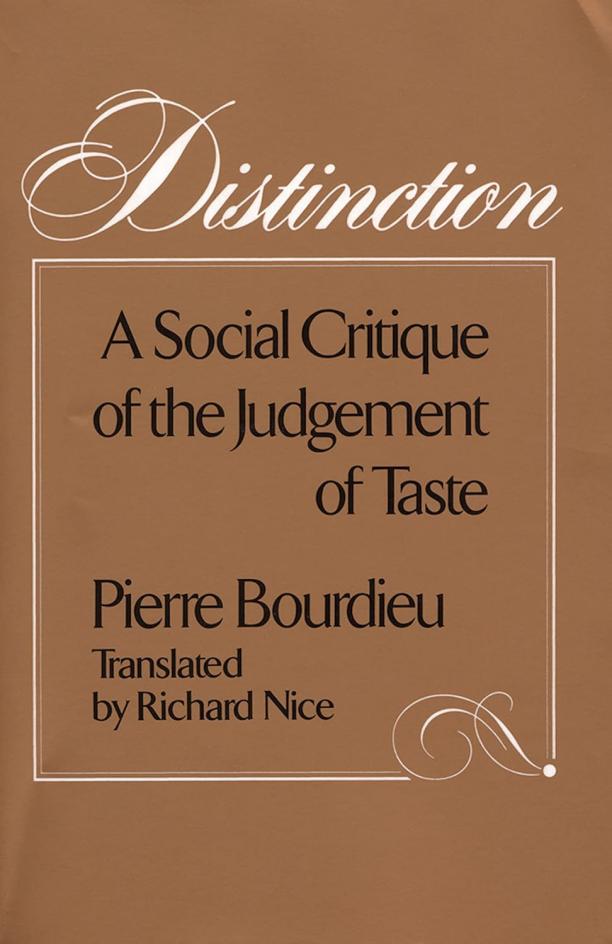
Distinction
Pierre Bourdieu
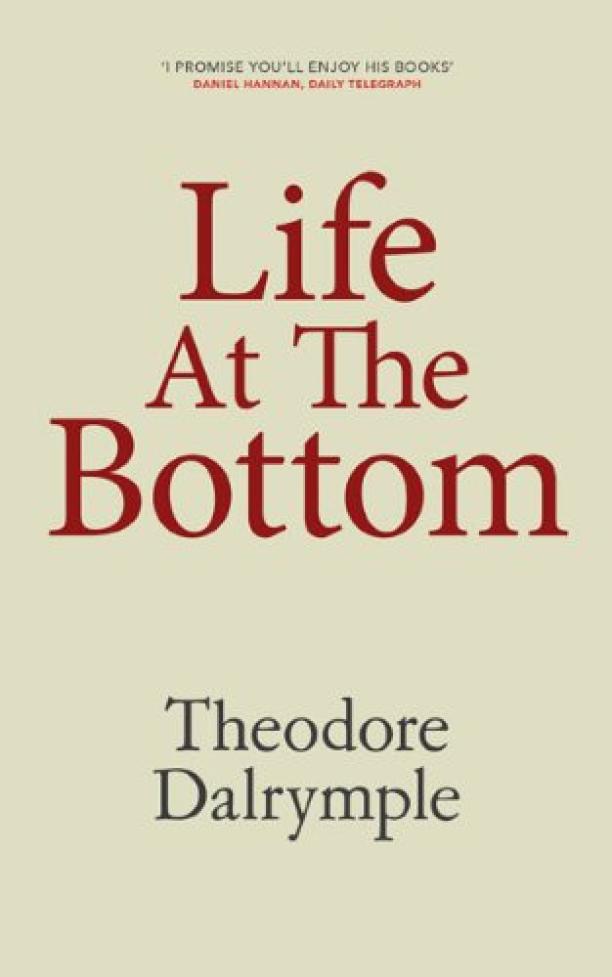
Life At The Bottom
Theodore Dalrymple
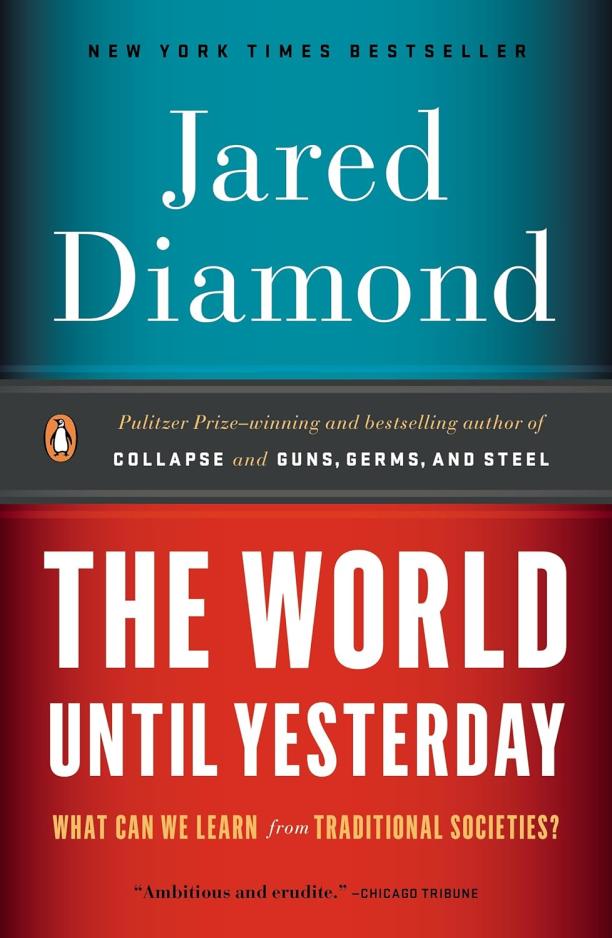
The World Until Yesterday
Jared Diamond
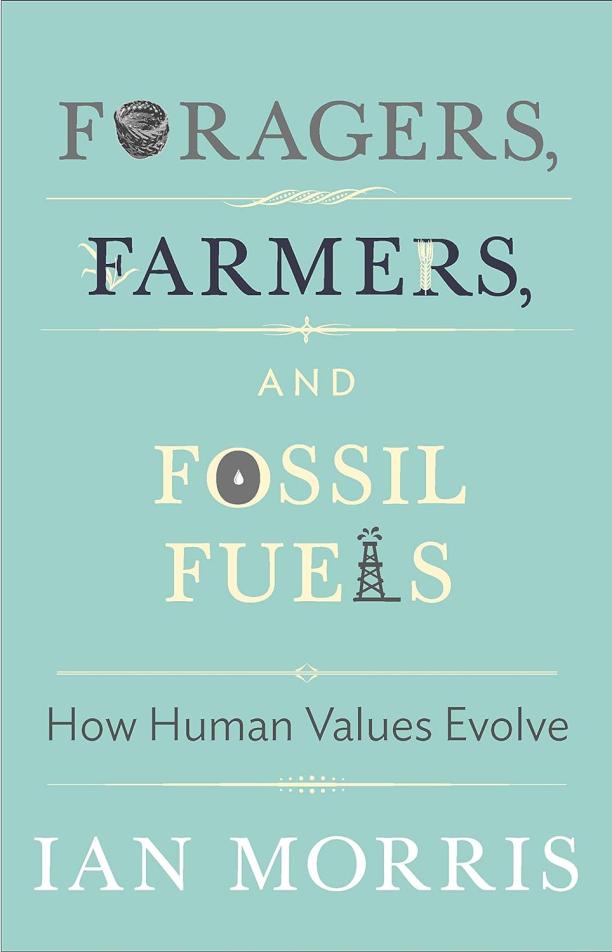
Foragers, Farmers, and Fossil Fuels
Ian Morris
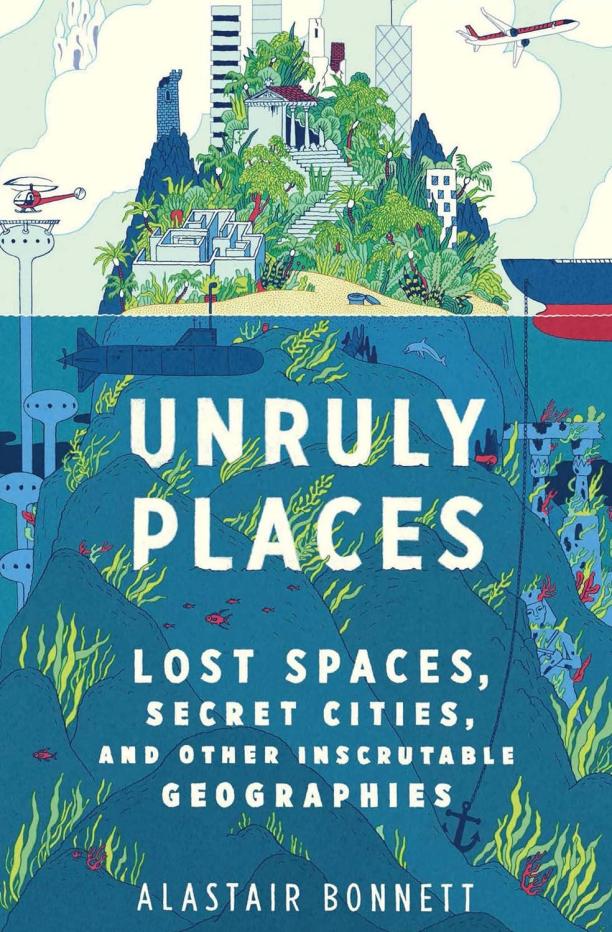
Unruly Places
Alastair Bonnett

Old School
Bill O'Reilly|Bruce Feirstein
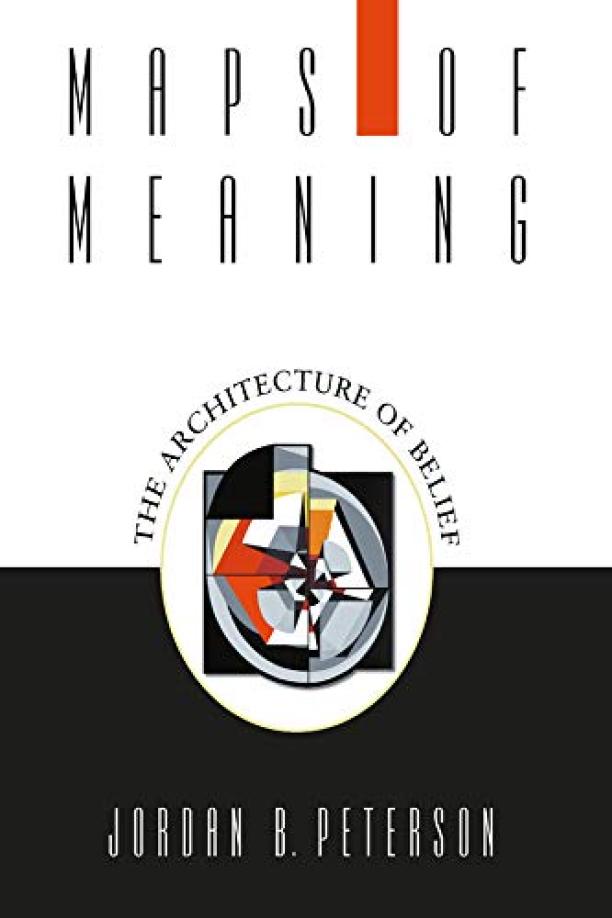
Maps of Meaning
Jordan B. Peterson
